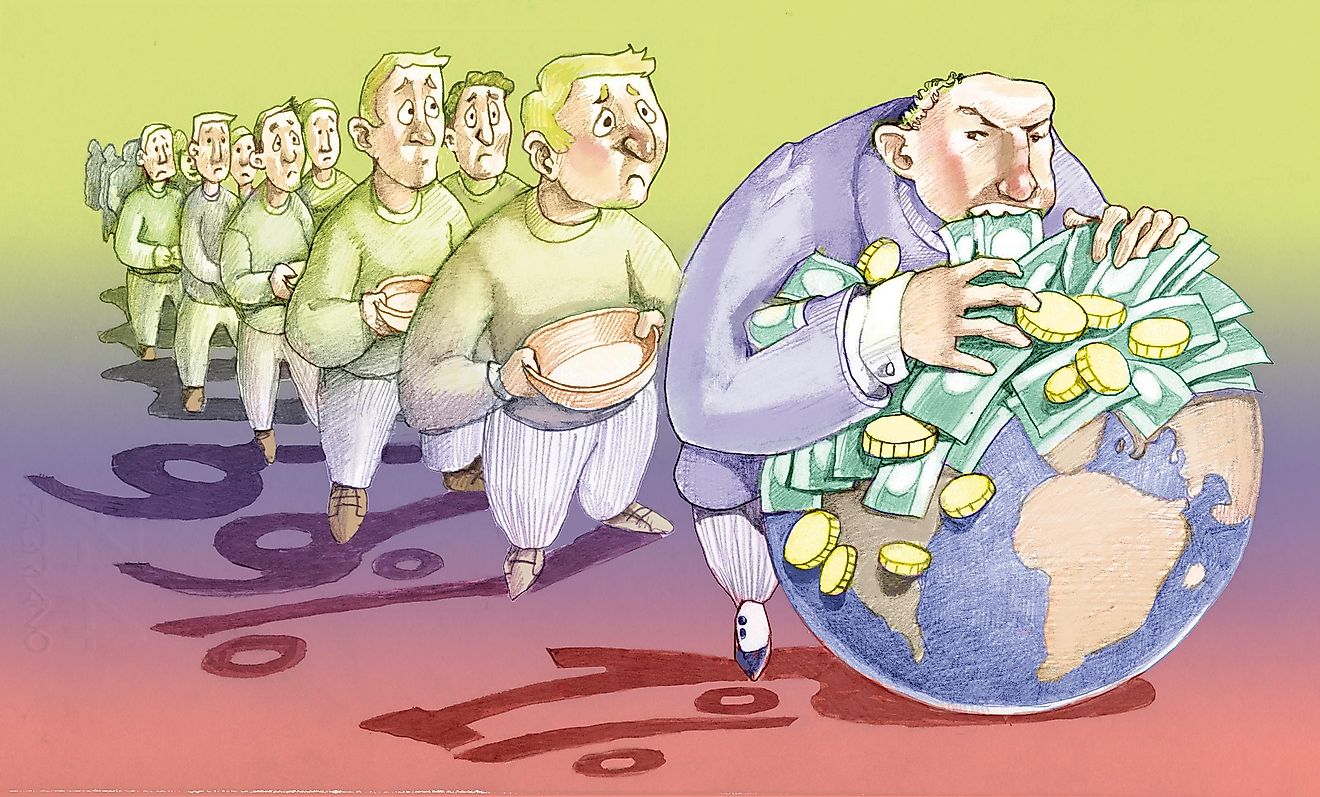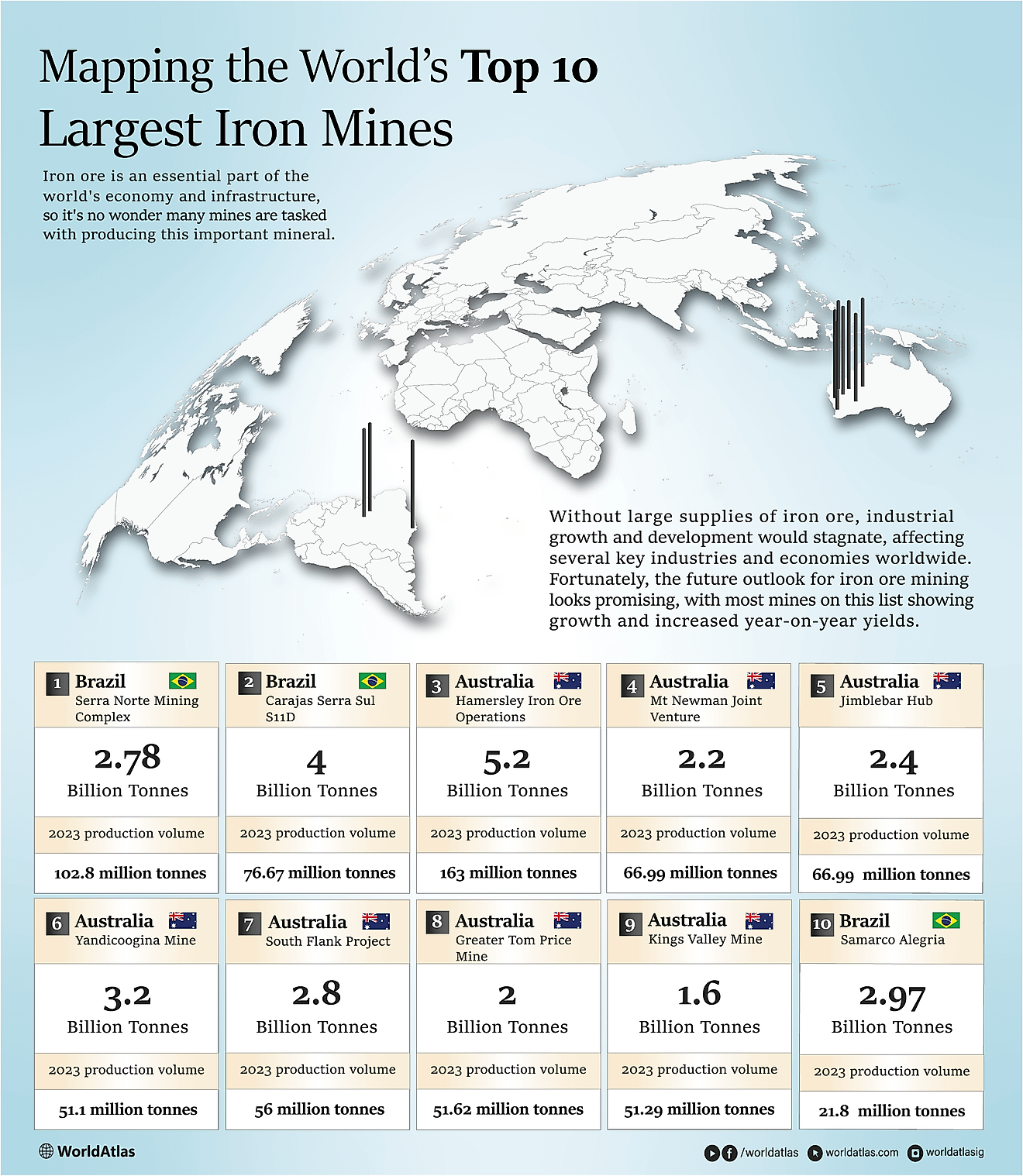What's The Alternative To Capitalism?

- One of the main characteristics of capitalism is the accumulation of profit by private individuals.
- Capitalism increases the gap between poor people and rich people.
- Alternatives to capitalism need to emphasize non-violence, equal distribution, satisfying work available for everyone, and cooperation.
Capitalism is the main power behind most modern societies today. Private owners, ie., the minority that has the hold over the greater piece of the pie create businesses and decide the means of the production and the outlet for the revenues, making the economic decisions for the rest of the people (those that do the labor work).
It is not a democratic organization of production, and there is not much that can be done about it, or is there? Most of the time it seems like the only thing people can do is accept the presence of capitalism and hope for a better future. But, what is that better future? Have we lost the ability to imagine an alternative to capitalism?
What Is So Bad About Capitalism?
Another important question that precedes our main article question is "Why is capitalism bad?". For those who are not informed about the negative aspects of capitalism, it is paramount to talk about the exploitation of this economic system. Capitalism is all about accumulating profit, and the advancements in technology, as well as cultural changes, made the private sector more powerful than ever before.
Capitalism is characterized by the accumulation of capital, competitive markets, wage labor, and private ownership. It increases the gap between the poor and the rich, with the world's richest people having the same amount of wealth as billions of those who are considered to be the poorest of the world's population. It can also be argued that the capitalist system is the enemy of democracy and solidarity, instead of empowering the individual and his interests without consideration for morality and the damage done to other communities and our planet.

It might seem like capitalism praises the freedom of the individual, but it only comes at the expense of someone else. The question that follows is "How do we move past this?". We can all agree that barking at capitalism is not enough to make a change. People need an idea, a non-violent strategy for economic production and distribution that is different from capitalism.
What Are The Alternatives To Capitalism?
David W. Harvey, a Marxist economic geographer pondered about the idea of shifting to a system that socializes the risk, but also socializes the profit for all of the people. This way, all of us would share the good and the bad sides, as opposed to an economy that privatizes profits and socializes risks. Those who do the work could control businesses and enterprises democratically, with the support of legislation and subsidies to buy the enterprises where they work.
They would not own the companies, but control them and establish a democratic divide of any excess revenue. However, according to Harvey, entrepreneurs would need to start new businesses because not all of the production is supposed to be socialized. Private businesses can be sold to the state. Many social scientists advocate cooperation instead of competition, with the latter making the essence of the capitalist economy.
People who are less fortunate need to be at the top of the priority ladder in terms of distributing social production, and they should have the option of work available for them if they want it. It is fundamental to help those in need to fight against the many shapes of discrimination. Many of the alternatives to capitalism highlight the importance of people designing and controlling the system by themselves, in a system that is without violence. A good example is Sarvodaya, the term used by Mahatma Gandhi to describe his ideal political philosophy. It is a system that encompasses these guidelines of cooperation, satisfying work, and participation, rejecting the violence of a capitalist economy.







